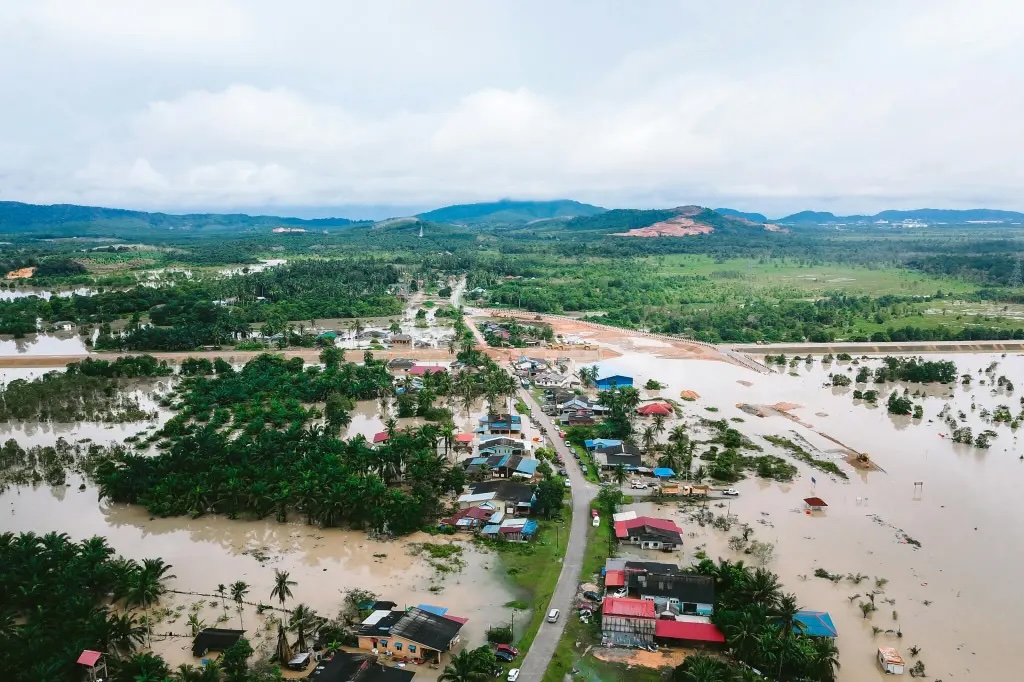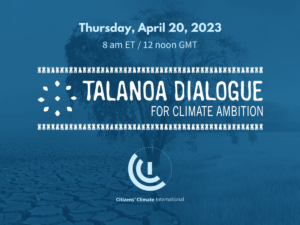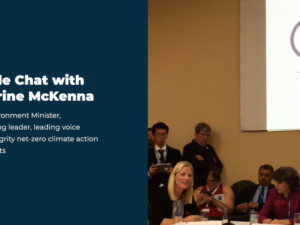
By Rituraj Phukan
When it comes to climate change, Assam must rank among the early-impacted regions of the world; we have lived through decades of these impacts. In the past, not many would associate these as manifestations of anthropogenic warming of the planet, but our understanding of the climate crisis has evolved. We now know that the frequency and intensity of floods have increased due to climate change with worse projections for the future.
This has been a record-breaking year for the people of Assam. In May, we experienced a prolonged heatwave that killed scores of people. Schools were shut down due to excessive heat, with some places recording temperatures 8 degrees above normal. The heat wave was felt across India with Assam being among several states registering new temperature records. Barely a month after the unprecedented heatwave, floods inundated most parts of the state with devastating consequences.
Over a hundred persons were reported to have died and more than 1.2 million people affected across 23 districts of the Brahmaputra valley of Assam. Rampant erosion by the swollen rivers has caused extensive damage to properties, loss of crops, farmlands and livestock, impoverishing the affected populace.
The floods inevitably bring along a plethora of health and sanitation challenges, disease outbreak and food scarcity, adding to the woe of the people. There were several instances of wild animals straying into human habitation often resulting in human and animal casualties. Visuals of tigers and elephants in conflict with people have flooded social and mainstream media in recent months.
My understanding is that any conversation about climate justice should inevitably include Assam, as the development aspirations of our people have for long been undermined by the interlinked crises of climate change and biodiversity loss. There are enough studies to support these claims.
Last year, the “Gross Domestic Climate Risk” published by the Cross Dependency Initiative ranked nine Indian states including Assam among the top 50 regions globally at risk of damage to the built environment due to climate change hazards by 2050. Assam was ranked 28th in the list with a projected increase of over 330% in climate risk by 2050 in comparison to the year 1990.
Assam has consistently appeared on the top of states listed as most affected or vulnerable to climate change in India; the state was listed among the 8 most vulnerable states by the ‘Climate Vulnerability Assessment for Adaptation Planning in India Using a Common Framework.’ The national climate vulnerability assessment report from the Department of Science and Technology placed 60 percent of districts in Assam under the highly vulnerable category.
A study by the Council on Energy, Environment and Water found that six of India’s eight most flood-prone districts during the last decade are located in Assam. Even in 2018, Assam was found to be most vulnerable by the “Climate Vulnerability Assessment for the Indian Himalayan Region Using a Common Framework” prepared by the Indian Institute of Technology Guwahati, Indian Institute of Technology Mandi and the Indian Institute of Science Bangalore. Based on these findings, Assam and Mizoram were named as the most vulnerable to climate change by the Indian delegation at the 24th UN Climate Change Conference (COP24).
Changes in precipitation have manifested in widespread seasonal water scarcity, especially in urban areas. The lack of winter rains in the past few years has seen warmer temperatures during the winter months, and water stressed populations. The scarce winter rainfall also impacted crop and vegetable production in the state jeopardizing the food security, health and wellbeing of the people.
Another 2018 study created a data-based index of ‘hydro-political’ issues in areas with a history of transboundary water resources, where conflicts are likely to be exacerbated by climate change and population growth. The Ganges-Brahmaputra basin was among the five global hotspots where ‘water wars’ are likely to happen in the future.
The Hindu Kush Himalaya Assessment Report of 2019 had corroborated the projections of the 2014 Intergovernmental Panel on Climate Change report regarding glacial loss in the Himalayas, besides providing fresh insights into impacts in the Eastern Himalayan region. The forecasted loss of over a third of glaciers in the Eastern Himalayas by 2100 even if warming is contained to 1.5 C degrees is compounded by the fact that average temperatures across the Hindu Kush Himalayas have already increased by 1.3 degrees Celsius. About 40 percent of the glaciers in the Tibetan plateau could disappear by 2050 with implications on the overall water, energy, and food security of the entire northeast region including Assam.
The prevailing worldview is that the global biodiversity and climate crises are interlinked, and the role of indigenous people in conservation of the remaining natural places on earth are now acknowledged. A recent study shows that indigenous communities are at higher risk of hardship from impacts like flooding because of pre-existing socioeconomic vulnerability.
Despite insignificant contribution to the accumulation of greenhouse gases, indigenous people are among the first to face the direct impacts of warming. At the same time, indigenous people and local communities have the knowledge and values oriented towards nature that steward over 80% of the planet’s remaining biodiversity.
Assam is blessed with natural largesse, and an abundance of indigenous traditions and knowledge systems that could contribute to resilience and capacity enhancement, making the state indispensable to the evolution of global climate justice. The heightened helplessness of the people of Assam mirrors the plight of other frontline communities around the world. One is compelled to question whether the continued loss of lives and properties and projections of worse consequences for our future generations evoke any feelings of empathy and solidarity among world leaders.
Rituraj Phukan is an environmental writer, adventurer and naturalist, Founder of the Indigenous People’s Climate Justice Forum, and a leader in the Citizens’ Climate International network of stakeholder advocates in India.








